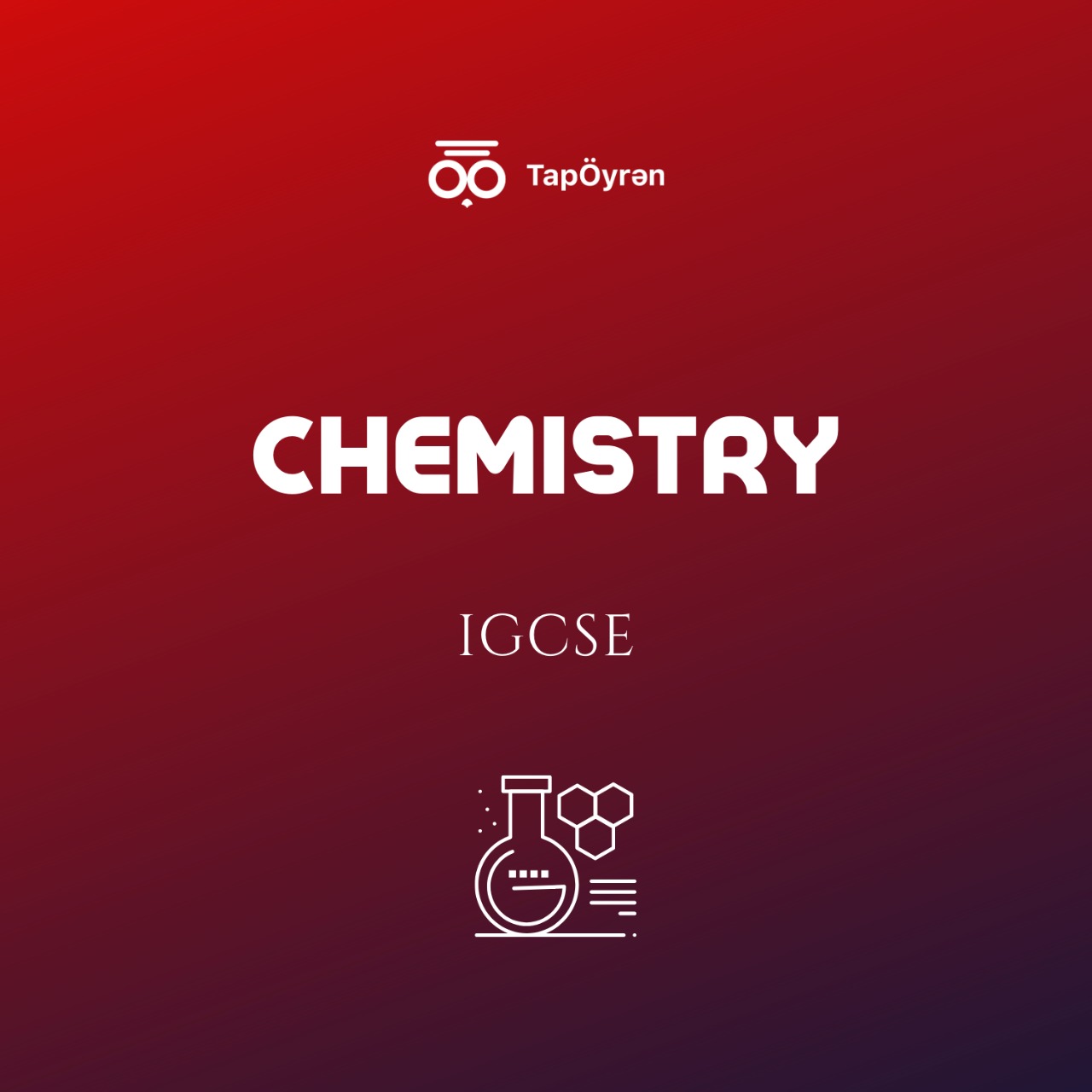1 - The Particulate Nature of Matter
00:21

11.55
hours
Beginner
Difficulty
13
enrolled
English
Language
Course Content
1 - The Particulate Nature of Matter
0.36 hours
2 - Experimental Techniques
0.65 hours
3 - Atoms, Elements and Compounds
2.17 hours
lock
1 - Atoms, Elements and Compounds
00:36
lock
2 - Flashcards Q&A
00:10
lock
3 - Atoms, Elements and Compounds (2)
00:38
lock
4 - Flashcards Q&A
00:06
lock
5 - Molecules and Covalent bonds
00:11
lock
6 - Macromolecules
00:13
lock
7 - Flashcards
00:12
4 - Stoichiometry
1.64 hours
lock
1 - Stoichiometry
00:34
lock
2 - Flashcards
00:06
lock
3 - The mole concept
00:41
lock
4 - Flashcards
00:14
5 - Electricity and Chemistry
1.25 hours
lock
1 - Defining electrolysis and passage of electricity
00:18
lock
2 - Electrolysis
00:23
lock
3 - Cables, insulators
00:12
lock
4 - Flashcards
00:20
6 - Chemical energetics
0.71 hours
lock
1 - Exothermic reactions
00:10
lock
2 - Endothermic reactions
00:15
lock
3 - Bond Energies
00:08
lock
4 - Flashcards
00:08
7 - Chemical reactions
1.18 hours
lock
1 - Physical and chemical changes, rate of reaction
00:34
lock
2 - Reversible reactions
00:13
lock
3 - Redox
00:22
8 - Acids, Bases and Salts
0.64 hours
9 - Periodic Table
1.12 hours
10 - Metals (Coming soon)
0.00 hours
11 - Air and Water (Coming soon)
0.00 hours
12 - Sulfur (Coming soon)
0.00 hours
13 - Carbonates (Coming soon)
0.00 hours
14 - Organic Chemistry (Coming soon)
0.00 hours
Bonus videos
1.84 hours
lock
Chromatography- pigments in leaves
00:08
lock
Finding the empirical formula by displacement
00:09
lock
Making esters
00:10
lock
Making nylon
00:04
lock
Natural polymers- The hydrolysis of starch by acid and enzyme
00:09
lock
Qualitative analysis- Flame tests for metal ions
00:02
lock
Qualitative analysis- Flame tests for metal ions
00:02
lock
Qualitative analysis- Tests for anions
00:06
lock
Qualitative analysis- Tests for aqueous cations 1
00:04
lock
Qualitative analysis- Tests for aqueous cations 2
00:05
lock
The distillation of a carbonated drink
00:04
lock
The effect of changing the concentration of hydrochloric acid on the rate of reaction with calcium carbonate
00:05
lock
The Electrolysis of molten zinc chloride
00:06
lock
The extraction of iron on a match head
00:03
lock
The identification of unknown compounds C and D
00:03
lock
The identification of unknown compounds L and M
00:03
lock
The identification of unknown compounds X and Y
00:04
lock
The reversible reaction between two cobalt species
00:03
lock
Types of oxides- reactions with acids and bases
00:10

Rufat Asadzade
Instructor
star_border
star_border
star_border
star_border
star_border
rate course
star_border
star_border
star_border
star_border
star_border
About
IGCSE stands for the International General Certificate of Secondary Education.
IGCSEs were introduced in 1988 and are internationally recognized qualifications. Candidates can sit IGCSE examinations all over the world. IGCSEs are widely accepted by universities and colleges as part of their entry requirements.
Chemistry is one of the subjects of IGCSE.
- Subscription:
- 29 AZN / a month
- 79 AZN / 3 months
- 149 AZN / 6 months

TapÖyrən web platform where you can gain knowledge and experience, and develop your skills by watching demand video courses and interacting with instructors.
Links
About
location_on
Baku, Yasamal region, Bakhtiyar Vahabzade str. 5, 2.floor
phone
+99455 667 00 57
mail_outline
[email protected]
© 2026. All rights reserved by "ALİSHOVS EDUCATİON" LLC

